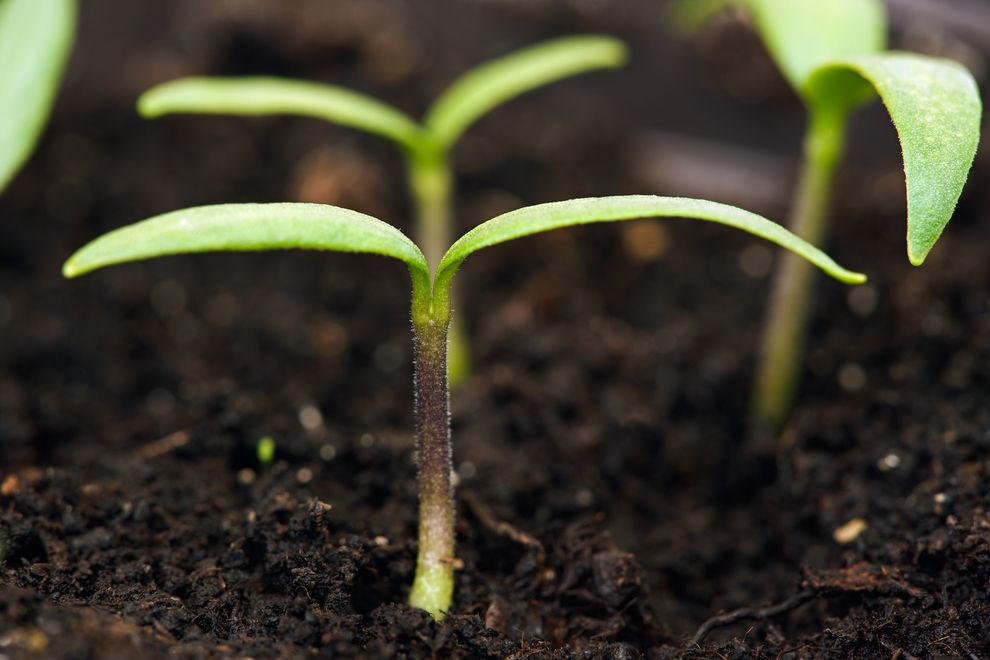Making a commitment to healthy eating is a great start towards a healthier life. Beyond eating more fruits, vegetables, whole grains, and good fats, however, there is the question of food safety, nutrition, and sustainability. How foods are grown or raised can impact both your health and the environment. This brings up the questions: What is the difference between organic foods and conventionally grown foods? Is “organic” always best? What about locally grown foods?
By Dr. Mercola
Will Allen, owner of Cedar Circle Farm in Vermont, has spent the last 14 years pioneering a process where a relatively small farming community feeds thousands of locals, and teaches them about organic urban agriculture. He is widely recognized as a pioneer in the organic agriculture movement.
I visited Will's farm in Vermont last year just prior to attending the BioChar conference. We did the interview at his farm. Their community-supported agriculture (CSA) program has 200 households in it during the summer, and another 100 households join their fall program.
“When we first started out, we decided that it's going to be an educational farm because most of the farmers right now are not producing young farmers,” he says. “We're trying to train the next generation of farmers and trying to change farming by training that generation to be organic and community-focused…
We have several young people and middle-aged people who got trained here and who are now running their own farms. We put them through a program where they have to be here two or three years. But they get paid a regular salary; it's not like an apprentice program,” he says.
His farm sells produce within a 50-mile radius, and his customers include local restaurants, co-ops, and farmer's markets. Well over 1,000 children visit the farm each year, and the farm even runs a farm-to-school program with the local grammar school and high school. There's also a backyard garden program, where budding gardeners can learn the tricks of the trade.
Organic Farming Can Help Reverse Environmental Crisis
Many of the chemicals used in non-organic farming have a half-life that is decades long. Meanwhile, organic farming techniques can achieve all the aims of conventional farming without any of these toxic agents. Organic farming also improves the health of soil, air, and waterways, and soil health is actually critical for growing nutrient-dense food.
“Organic is all about increasing the organic matter in the soil because the organic matter in the soil is what feeds the soil microorganisms,” Allen explains. “The organic matter in the soil, which is what we have to increase on all of our land, is what enables us to sequester carbon. We need to bring the carbon that’s in the atmosphere back into the soil. There are five [carbon sinks] in the world: farmland, forest, atmosphere, ocean, and fossil deposits.
The carbon sinks for agriculture and the forest are bankrupt because we've overcut our forest, and we've farmed badly for the last 150 years. We have to correct that, and we can correct that quickly… [I]f you have four percent organic matter, you get a hundred pounds of nitrogen just from the soil microorganisms. Those soil microorganisms are the best farm laborers in the world because they work 24/7.”
As explained by Ronnie Cummins, even if we put an end to greenhouse gas pollution (51 percent of which comes from conventional agriculture; the remaining 49 percent comes from coal, cars, and polluting industries), we'll still have a hundred billions tons too much carbon (CO2) in our atmosphere. So how are we going to get it out of the atmosphere back to where it used to be – in the plants, in the trees, and in the ground?
The way to accomplish that is by exponentially increasing plant photosynthesis, because plants suck down CO2, release oxygen, and secure a considerable amount of carbon through their roots into the soil. Through organic agriculture, rotational grazing of animals, reforesting, and restoring the wetlands, we can “suck down” that hundred billion tons of carbon from the atmosphere and put it where it belongs. Over time, this would help restabilize CO2 levels. Moreover, we'll also have more fertile land, healthier food, healthier animals, and healthier people.
Organic food is often more expensive than conventionally grown food. But if you set some priorities, it may be possible to purchase organic food and stay within your food budget. Purchase the organic versions of the foods you eat the most and those that are highest in pesticides if conventionally grown.
Make sure to read the rest of the article Articles.mercola.





Leave a Reply